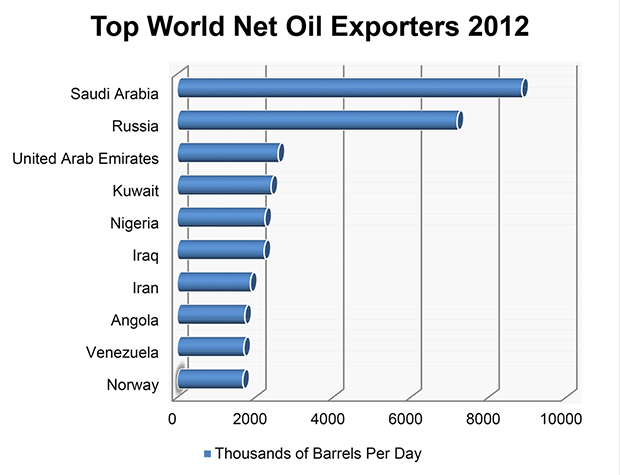
A bipartisan group of Senators introduced legislation on May 19 to allow U.S. crude oil to be exported, arguing it will yield substantial economic and national security benefits to the U.S. One of the sponsors, Sen. Joe Manchin (D-WV) told the Washington Times:
Lifting the ban on oil exports will also improve our national security interests by reducing our trade deficits, neutralizing countries like Iran that extract the same types of oil as the United States, expanding our competitive edge in a global marketplace, and providing a stable source of energy to our allies so that they will no longer be dependent on undemocratic regimes.
Times and circumstances have substantially changed since the 1970s when the U.S. banned the export of all domestic oil in response to the Arab oil embargo. Innovative American private sector technologies, such as hydraulic fracturing (i.e., fracking), have opened vast new reserves of domestic oil and made the U.S. the world’s largest producer of crude oil and natural gas. (For background, see The Case for Permitting Crude Oil Exports by the Texas-based Institute for Policy Innovation.)
The legislation is just one piece of a broader effort on Capitol Hill to take greater advantage of abundant American fuel. The Senate Energy and Natural Resources Committee also is considering a package of bills that would, among other things, increase offshore drilling in the Gulf of Mexico and elsewhere.
The House Energy and Commerce Committee is moving legislation that would expedite federal approval for natural gas exports and take other steps to streamline the approval process for major energy projects.
Although the White House remains opposed to lifting the ban on crude oil exports, President Obama has again expressed support for increasing domestic production of oil and natural gas.
Source: Senators in Both Parties Defy Obama, Push Renewal of Crude Oil Exports for Economy, Energy Security, Washington Times

